In stark contrast to the digital transformation happening now in manufacturing, even a basic proficiency of technology and computers is outside the grasp of many manufacturing workers.
About 1 in 6 manufacturing employees have virtually no digital skills, according to a report by the National Skills Coalition. “These workers failed to meet one or more of the three baseline criteria to even take the full digital skills assessment: 1) prior computer use, 2) willingness to take the computer-based assessment, 3) ability to complete four out of six very basic tasks, such as using a mouse or highlighting text on screen.”
Working knowledge of the digital world will help workers efficiently operate CNC machines or CAM software, for example.
“To succeed in this rapidly transforming environment, workers need broad-based digital problem-solving skills that equip them to learn a wide variety of today’s technologies and navigate continued changes in the future,” the National Skills Coalition wrote in its report. “This digital literacy includes both the capacity to use technology and the cognitive skills necessary to navigate it successfully.”
Check out Better MRO’s career guides and trends
In its 2018 study of the skills gap and future of work in manufacturing, Deloitte paints a picture of a facility in 2025 that relies on workers who have technology, computer and digital skills. For example, a digital twin engineer would oversee an environment, including both the physical product and its virtual representation using Internet of Things connectivity, to manage the product from start to finish.
Skill No. 2: Programming for Robots and Automation


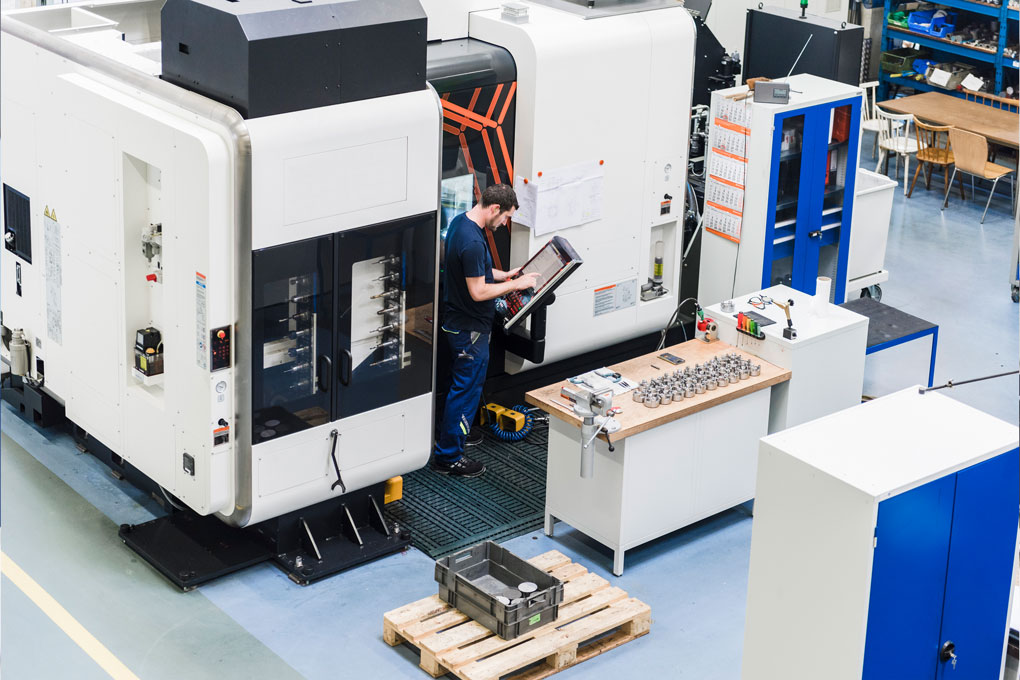
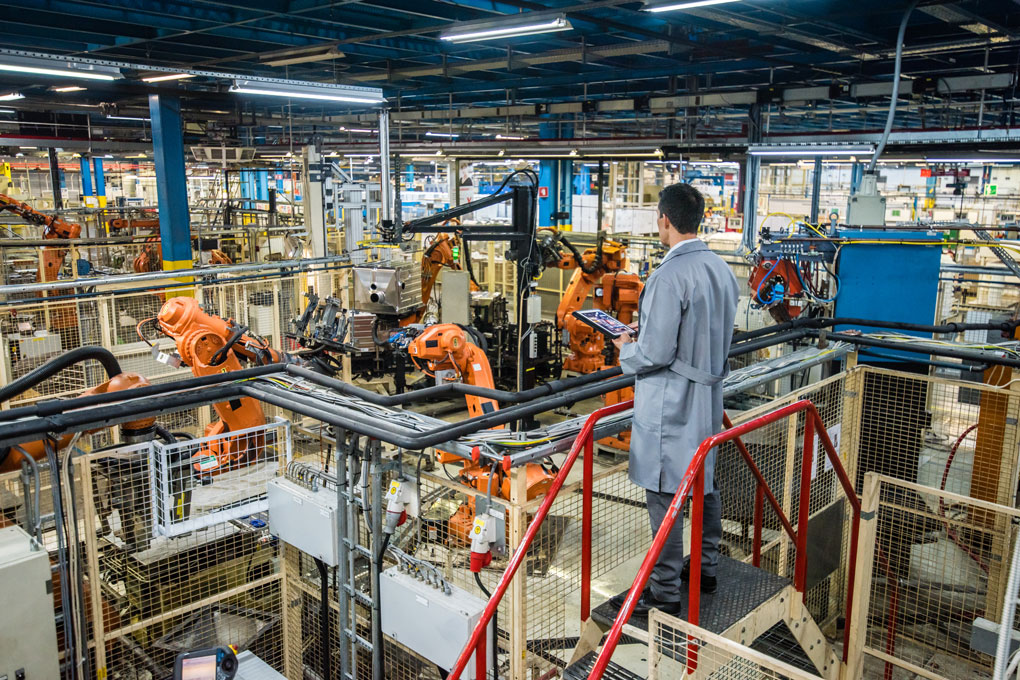
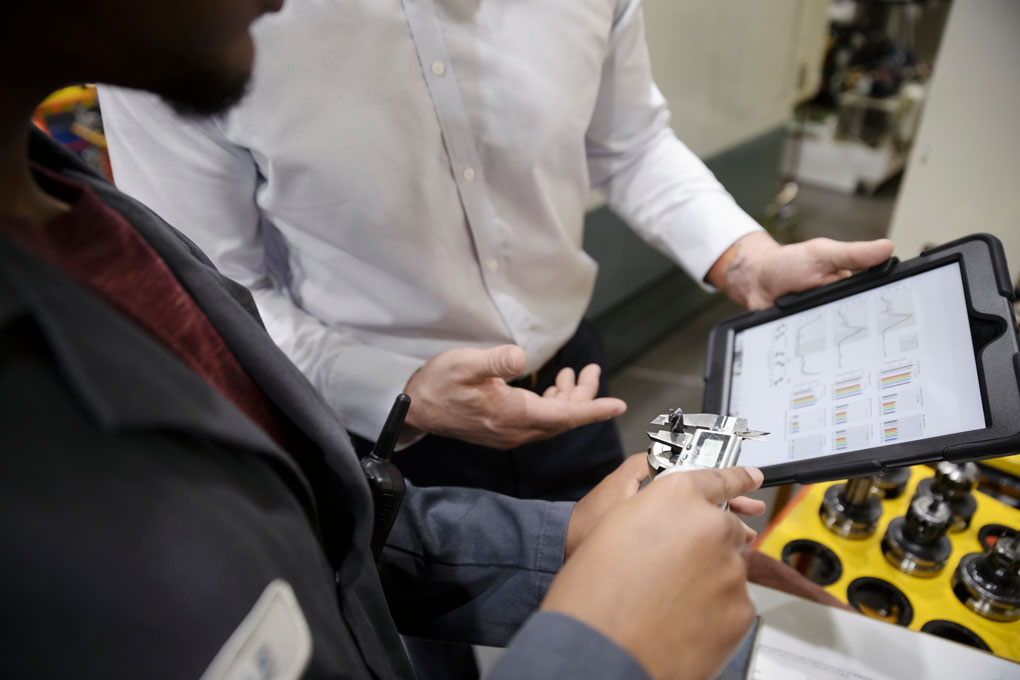
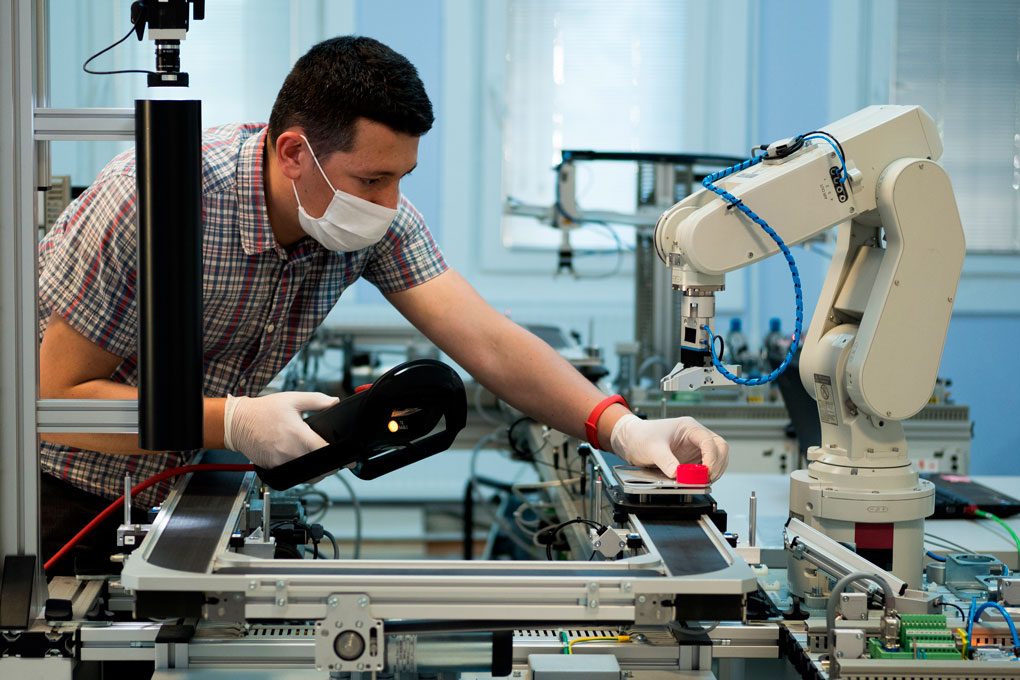
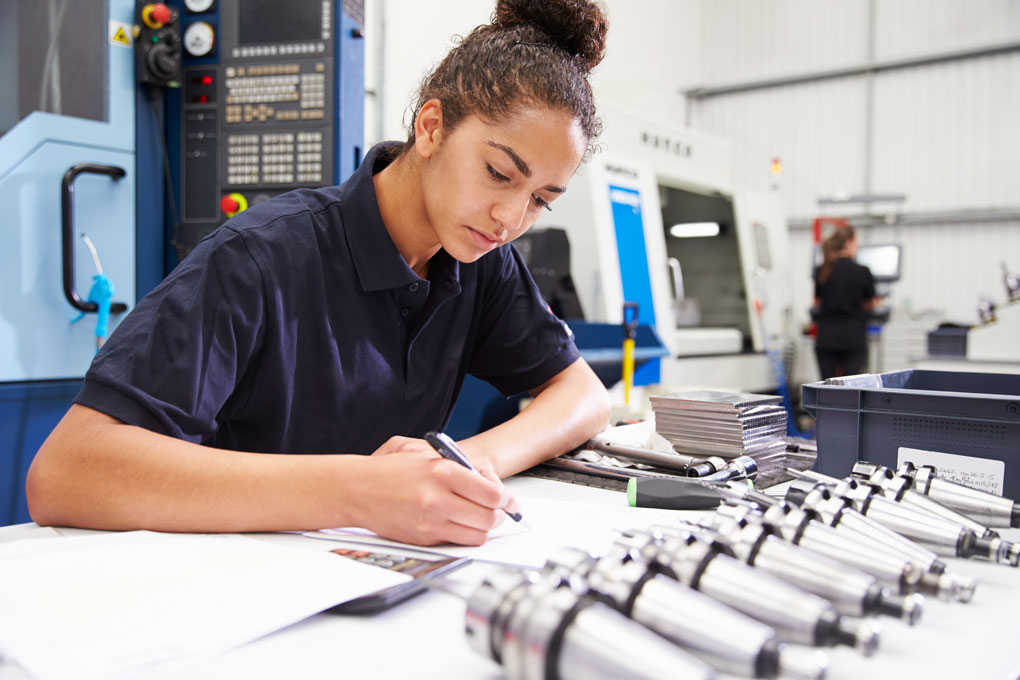

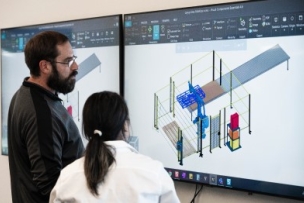
Talk to Us!
Leave a reply
Your email address will not be published. Required fields are marked *